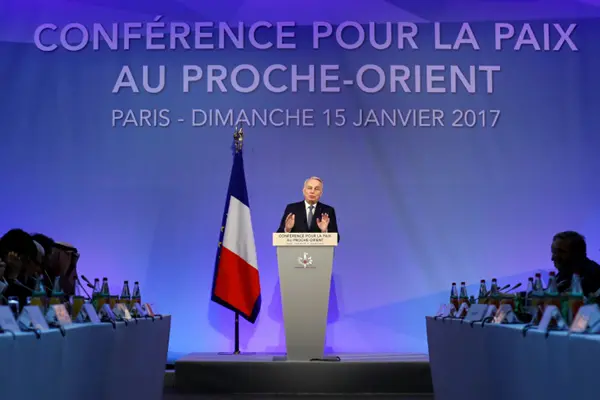Thailand's caretaker government has planned to brief world diplomats based in the capital on an alleged conspiracy to depose the elected government by taking advantage of legal loopholes and with the help from independent agencies.
Acting foreign minister Surapong Tovichakchaikul said on Thursday he will shortly summon foreign ambassadors and inform them of the alleged conspiracy carried out by former deputy premier Suthep Thaugsuban, several ex-Democrat Party legislators and others to oust the government headed by acting premier Yingluck Shinawatra.
The conspiracy was designed to have such independent agencies as the Constitutional Court, the Election Commission and the National Anti-Corruption Commission make decisions that might possibly terminate the legitimacy of the caretaker government, taking advantage of legal loopholes and controversial clauses of the constitution, according to Surapong.
"It's time all the world's ambassadors to Thailand were informed of such a conspiracy against the elected government.
"What the anti-government protesters are now doing was earlier successful in the times of former premiers, namely Thaksin Shinawatra, Somchai Wongsawat and Samak Sundaravej. It is obviously being repeated today," said the acting foreign minister.
Thaksin who was ousted in the 2006 coup after anti-government Yellow Shirt protesters had taken to Bangkok's streets for several months while Samak and Somchai were practically deposed by the Constitutional Court's rulings a few years later.
Surapong said he will officially inform United Nations secretary general Ban Ki-moon of it as well. The acting Thai foreign minister earlier called on the UN chief to come over to Bangkok and mediate the chronic political conflict.
He said the world community should be informed of the Thai political phenomena in which such a behind-the-scenes plot could possibly put an end to democratic rule.
Suthep and other protest leaders charged that the Yingluck government did not have the legitimacy to rule beyond a 30-days time which immediately followed the February 2 election but the lady leader insisted that her caretaker government is constitutionally obliged to hang on until a post-election cabinet of ministers has been set up.
The Constitutional Court is yet to rule whether or not the caretaker government may legally stay in power longer than one month following the nationwide polls, however.
 简体中文
简体中文

